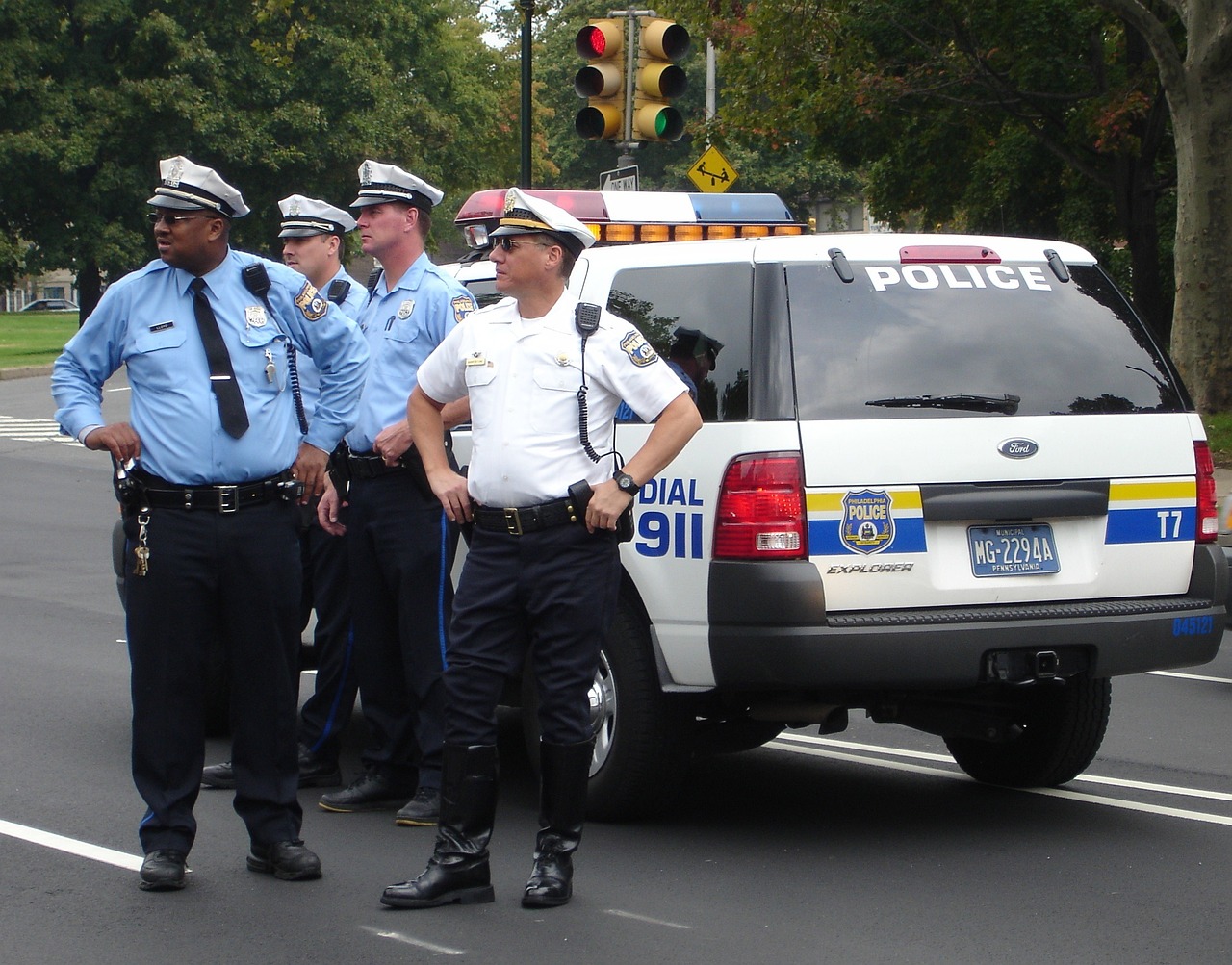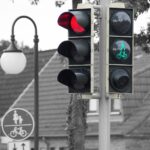The Ideal Approach of Traffic Policemen to Traffic Rule Violators
It is undeniable that law enforcement plays a pivotal role in ensuring road safety. Traffic policemen, as an essential part of this apparatus, are responsible for enforcing traffic rules and maintaining order on the road. However, the way they handle situations, particularly when dealing with traffic rule violators, can significantly impact the outcome of the encounter and public perception of the law enforcement system as a whole. This article aims to outline the ideal approach that a traffic policeman should take when dealing with a traffic rule violator.
1. Prioritize Safety
First and foremost, safety should be the paramount concern for any traffic officer. When a violation is noticed, it is crucial for the officer to consider the best way to stop the vehicle that does not pose a risk to other road users, including pedestrians. Policemen should use their vehicles and equipment effectively to guide the violator to stop in a safe place.
2. Remain Calm and Professional
It’s important for the traffic policeman to maintain a professional demeanor throughout the encounter. This includes speaking respectfully and behaving in a way that does not escalate the situation. Keeping calm, even in challenging scenarios, reflects positively on the officer’s ability to handle potentially stressful circumstances and may contribute to defusing any tension on the part of the violator.
3. Clear Communication
Communication is a crucial aspect of these encounters. Officers should clearly state why the driver was stopped, what traffic rule was violated, and what the consequent penalties are. This not only helps the violator understand their mistake but also promotes transparency in the process.
4. Firm but Fair Enforcement
While it is vital for officers to enforce the law, it is equally important to ensure fair treatment. This involves assessing the situation accurately and ensuring the penalties imposed match the severity of the violation. An officer should avoid bias or prejudice and treat each case individually. It is also important to listen to the violator’s side of the story before drawing conclusions.
5. Education over Punishment
While penalties are necessary to discourage reckless behavior, they shouldn’t be the only tool at a traffic policeman’s disposal. An encounter with a traffic officer can be a learning opportunity. Officers should strive to educate violators about traffic rules and the importance of safe driving. They can also provide advice on how to avoid similar violations in the future. This approach encourages a more positive interaction between officers and citizens and promotes safer driving habits.
6. Model Good Behavior
Finally, traffic policemen should model the behavior they wish to see in drivers. This includes adhering to all traffic regulations, demonstrating patience and courtesy, and promoting a respectful interaction. Their conduct sets the tone for the interaction and can significantly influence the violator’s response.
Handling traffic rule violators requires a careful balance of enforcement, communication, and education. Traffic policemen have a duty to uphold the law, but also a responsibility to act as ambassadors of good road behavior. By remaining calm and professional, communicating clearly, enforcing the law fairly, prioritizing education, and modelling good behavior, they can promote safer roads and foster a more positive public perception of law enforcement.
Image by David Mark from Pixabay
Hey there! 😊 We run a small YouTube channel for Roads & Rails, and we'd love your support! Now the channel features daily Rail fanning videos.. Please Hit that subscribe button to help us stay inspired and create even more exciting content. Got questions, feedback, or ideas for collaboration? We’d love to hear from you! Drop us a message at mail@roadsandrails.org. Thanks for being part of our journey!











